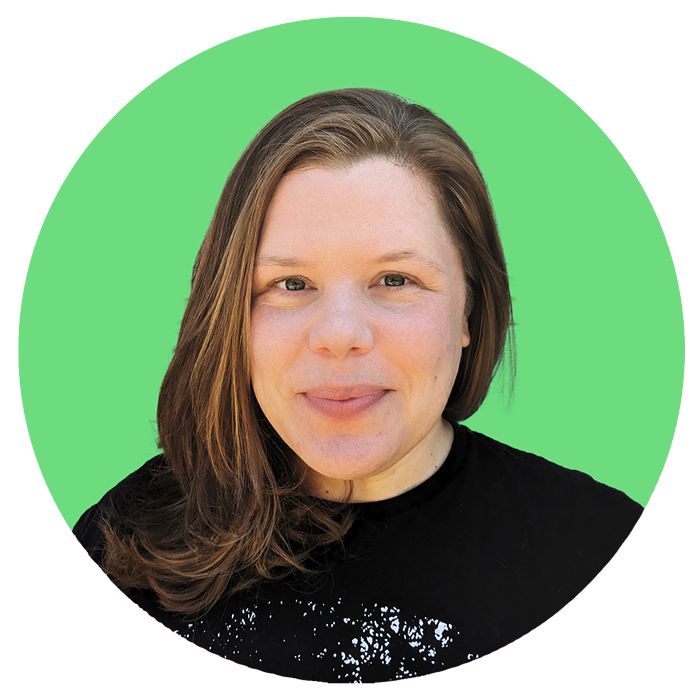It's 2012, and everything is backward. Today, people are fighting to legalize pot—a substance that was pounded into our child brains as bad bad BAD—yet control delicious, harmless sugar, a substance that was poured into our child mouths. There are candy taxes, advertising restrictions, and product size regulations: The War on Sugar is America's new War on Drugs.
Sugar is now a political stance. First Lady Michelle Obama tells us to stop eating sugar, to eat more vegetables. New York mayor Michael Bloomberg wants to ban the sale of large containers of soda and sugar-filled drinks. Our nation is getting fat and sick. Type 2 diabetes rates are up 90 percent in the last decade. By 2030, 42 percent of Americans will be obese.
Despite the public outcry against sugar, throw a rock in Seattle and it will hit a new cupcake shop, ice cream parlor, candy store, or specialty boutique bakery.
Even if you purposefully avoid the sugar sellers on every block, the white stuff is waiting for you in foods where you wouldn't expect to find it. Take a look through your cupboard and refrigerator—it's there, hiding behind names like "corn syrup," "dextrose," "glucose," "fructose," and "maltose." There are literally dozens of forms of it, but scientifically, it's ALL SUGAR. It's in salad dressing, ketchup, and spaghetti sauce.
Like the rest of America's, my personal relationship with sugar is a sordid affair—yours probably is, too. A study by Dr. Robert Lustig, a California-based endocrinologist, claims that sugar can be as addictive as cocaine. "It causes a euphoric effect that triggers dopamine, the chemical that controls pleasure in the brain," he stated on 60 Minutes in April.
Once we have it, we want more, more, MORE!
As I've written about in the past, I spent one winter staving off depression by way of baking hundreds of batches of cookies, and I am not exaggerating when I say that those cookies helped save my life. Sugar, you're so great!
But I've also written about trying to kick my cupcake-a-day habit by way of fasts and detoxes and self-help books. I've chugged ground-up corn husk and eaten a potato every night before bed, but the pie kept calling my name. Sugar, you bitch.
My love/hate relationship with the stuff recently magnified times infinity, as I finally put my self-taught baking talents (culminated from years of cookie and cake cravings) to good use. I wrote a cookbook called Bake It in a Cupcake: 50 Treats with a Surprise Inside, which is dedicated to all the things you can bake into cupcakes—baklava, mini cherry pies, brownies, and macaroons. It's totally ridiculous, I know, but it is pretty awesome (it will be out October 2 thanks to Andrews McMeel Publishing).
I created all the recipes in the book, and tested them over and over again. Testing means tasting. Lots and lots of tasting. With the extra baking, tasting, and sitting down to write the book more often than getting up and moving came more extra pounds than I care to admit in print. Don't get me wrong—I'm so excited about the cookbook! And I'm really fucking proud of it. But fuck, man, sugar really is a cruel mistress, on both a human and a national level.
Which leads us to this package of stories. All these pieces are about both the bright and the dark side of sugary treats, and the deeply conflicted relationship we have with them.
Self-admitted cookie dough addict Cienna Madrid comes face-to-face with her supplier, Cougar Mountain Baking Company (see here). We learn about how hard bees work (they visit millions of flowers!) just so you can sweeten up your tea (see here). There are stories about the dangerous desserts that are set aflame (here) and the funny characters who are lighting the match (here); there are love letters to the gross candy we can't get enough of (here) and the ice cream makers we love (here), and the pastries and sundaes we shove in our faces even though we know doing so could be a hazard to our health (here and here).
Welcome to the other side of sugar. It might be dark, but with the average American consuming 167.3 cups of sugar a year, it's certainly not a lonely place. ![]()














